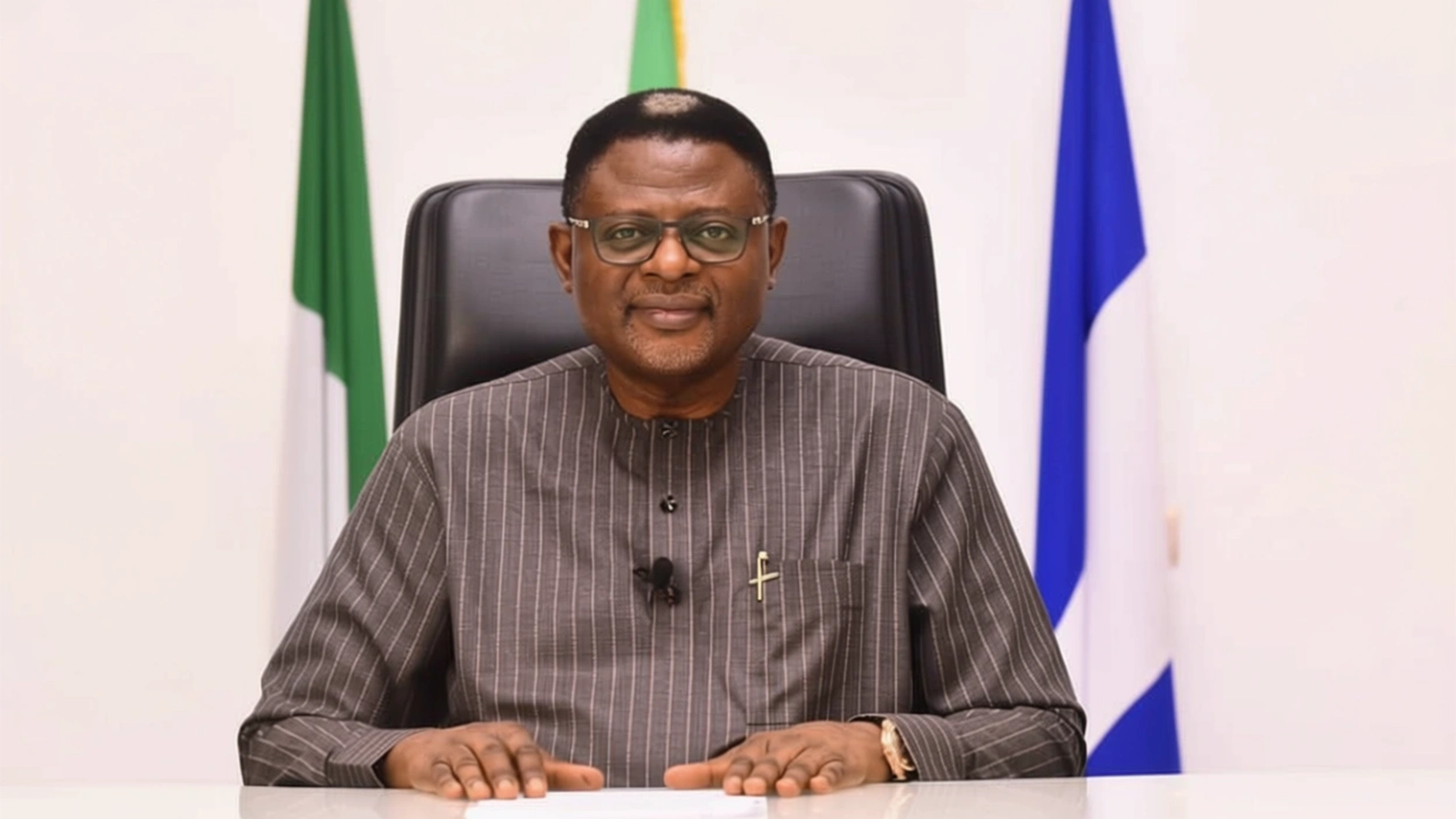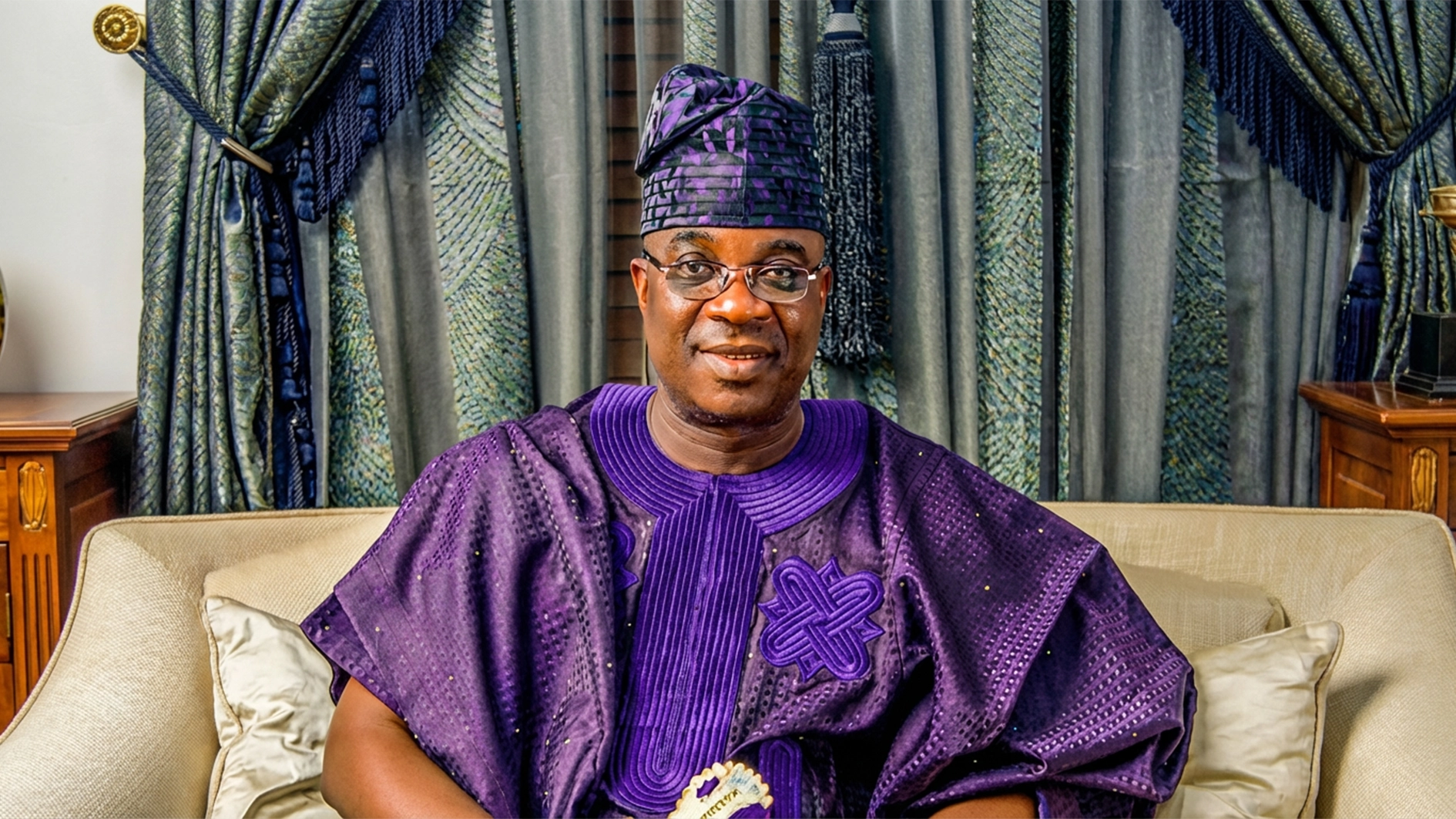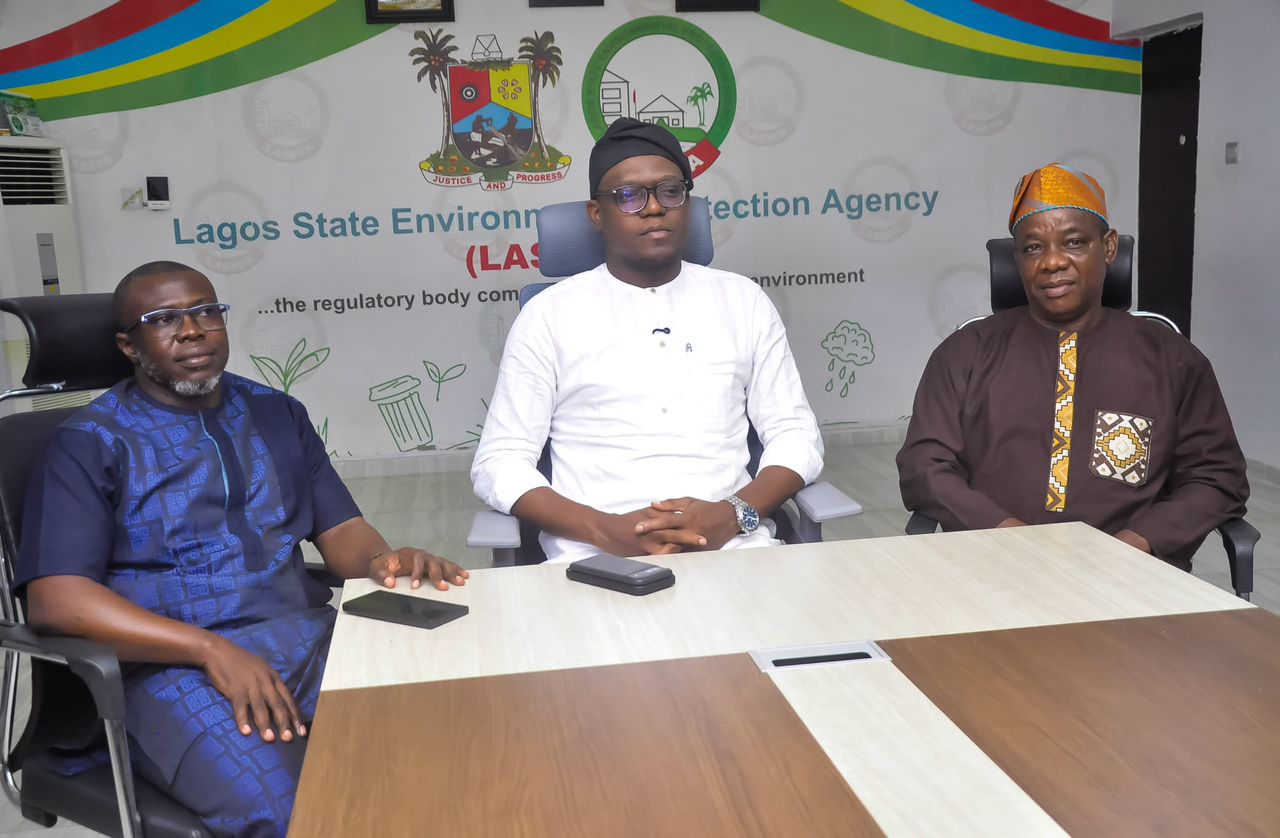In recent years, Asaba and other parts of Delta State have struggled with perennial flooding, bad roads, and infrastructural decay that affected businesses, livelihoods, and the general outlook of the state. But a new wave of projects championed by Governor Sheriff Oborevwori is transforming the landscape and rekindling hope among residents.
At the heart of this transformation is the stormwater control project in Asaba, a multi-billion-naira intervention designed to bring a permanent end to the devastating floods that have, for decades, tormented the state capital.
Ending Asaba’s Flood Nightmare
During an inspection of the project on Summit Road through Nwelih Street, St. Patrick’s College, West-End Mixed Secondary School, and Uche Medua Igeh linking Amilimocha Stream, the Commissioner for Works (Highways and Urban Roads), Comrade Reuben Izeze, expressed confidence that the initiative would finally tackle Asaba’s flood menace.
“Having inspected the work from chainage 0 to 650, I can confidently say the quality of work is not in doubt. The consulting firm has demonstrated capacity and experience to supervise this very important project,” Izeze said.
The drainage network spans 6,519 metres, with the ongoing section covering about one kilometre. According to Izeze, the project will be ready for inauguration by December and will particularly address flooding around DBS, Anwai Road, and adjoining streets.
“By the time the entire stretch is delivered, it will conclude the original stormwater master plan for Asaba, ensuring that flooding becomes a thing of the past,” he added.
For many residents who have watched the capital city submerged during the rainy season, this development is nothing short of a great relief. It is also proof, Izeze emphasised that Governor Oborevwori is “a promise keeper and a governor for all Deltans.”
Praise From Stakeholders
The stormwater project has not gone unnoticed. Former Commissioner for Works, Dr. George Ugbomah, hailed the governor for what he described as a visionary initiative that would secure Asaba’s future.
“The governor’s commitment to enhancing the livability and sustainability of Asaba is truly commendable. This project is a testament to his administration’s proactive approach to tackling environmental challenges,” Ugbomah said in a statement.
He urged residents to celebrate the milestone, describing the drainage system as a long-term solution that would preserve critical infrastructure and boost confidence in Asaba as a modern city.
The MORE Agenda As A Covenant
Beyond the stormwater project, Izeze insisted that Oborevwori’s broader MORE Agenda focused on Meaningful development, Opportunities for all, Realistic reforms, and Enhanced peace and security is “a covenant with Deltans” that is being implemented without compromise.
“The summary of all that we did today is that Governor Oborevwori’s commitment to the MORE Agenda is a covenant. And his commitment to that covenant is irrevocable. That is why you can see that every part of Delta State is a construction site today,” the commissioner declared.
Among the flagship projects are the 7.5-kilometre rehabilitation of Nnebisi Road stretching to the Onitsha Expressway and the asphalt overlay of Summit Road leading to Government House junction. Both are designed to improve traffic flow while giving Asaba a facelift befitting a state capital.
“What you see is deliberate to give Asaba a new look that matches its status as the capital of a progressive state,” Izeze explained. The government is also reconstructing nearly two kilometres of roads within the Delta State House of Assembly Cooperative Estate in Okpanam. For Izeze, this intervention is particularly symbolic, as the governor, during his time as Speaker, helped restore the property rights of the Assembly staff cooperative. Now, as governor, he is consolidating that legacy with modern roads and drainage.
Orere Bridge: Unlocking Rural Potential
Far from the capital, another landmark project is unfolding in Ughelli South Local Council. The Orere Bridge is nearing completion and promises to change the socio-economic fortunes of the host communities.
During an inspection, Izeze commended the contractor, J.U. Obakpor Engineering Company, for working against the odds of heavy rains and waterlogged terrain.
“Despite the elements, the contractor is delivering. From what I have observed and confirmed with our supervising engineers, the structural work is satisfactory and strictly in line with the approved memo. There is no cause for alarm,” he assured.
For decades, residents of Orere and neighbouring communities endured hardship transporting goods and building materials across rivers using canoes. Edewor Omonemu, a former Commissioner for Commerce and Industry and an indigene of Olomu Kingdom, described the bridge as “life-changing.”
“With this bridge, we can now build homes, do businesses, and move around with ease. The hardship of the past has been lifted, and we are grateful to Governor Oborevwori for this great gift to our community,” Omonemu said, adding that the project had ended decades of neglect.
The Managing Director of J.U. Obakpor Engineering, Mr. Ricardo Oguma, disclosed that the firm was determined to deliver the bridge by March 2026 despite challenges in transporting materials through barges from Kaiama and Bomadi.
Tackling Education Imbalances
Infrastructure renewal in Delta goes beyond roads and bridges. The government has embarked on a needs assessment of public schools to address imbalances in teacher deployment, infrastructure, and learning resources. The Commissioner for Works (Rural Roads) and Public Information, Mr. Charles Aniagwu, explained that the initiative was ordered by Governor Oborevwori to eliminate waste and ensure equity.
“We are not in the business of fixing buildings for the sake of it. If a school has more classrooms than students require, we will prioritise another school where facilities are urgently needed,” Aniagwu said, stressing that teacher-student ratios would guide all interventions.
The exercise also seeks to resolve staffing gaps, especially in rural communities where schools often lack core subject teachers. Aniagwu made it clear that no teacher would be allowed to remain idle in city schools while rural pupils suffer shortages.
Building Human Capital
Another highlight of the Oborevwori administration is the renewed partnership with the Petroleum Training Institute (PTI), Effurun. PTI Principal, Dr. Samuel Onoji, said the Institute was ready to offer discounted international oil and gas training to Delta youths to improve their employability.
The governor, while hosting the PTI management team in Asaba, described the Institute as a pride of Delta and pledged continuous support. As part of this support, he approved the donation of a Coaster Bus and 18-seater Hiace Bus to the Institute.
“PTI is very dear to us in Delta because it opened the door for other Federal Government establishments to come into our state. We don’t take anything concerning PTI lightly,” the governor said.
A State On The Move
From stormwater drains in Asaba to mega bridges in Ughelli South, school reforms across rural and urban centres, and partnerships in human capital development, the Oborevwori administration is making a mark.
For many Deltans, these projects are not just concrete and asphalt, they represent a new confidence in government’s ability to deliver on promises. As Ugbomah observed, they also secure the future of Delta’s next generation.
And for Izeze, the message is clear: “The Rt. Hon. Sheriff Oborevwori will never forget his history. A man who remembers his history will always work to better the lives of his people.”
At just over two years in office, the governor’s infrastructural drive has given Delta a reputation as “a construction site.” If sustained, many believe it could transform the state into one of Nigeria’s most progressive hubs in the coming years.






